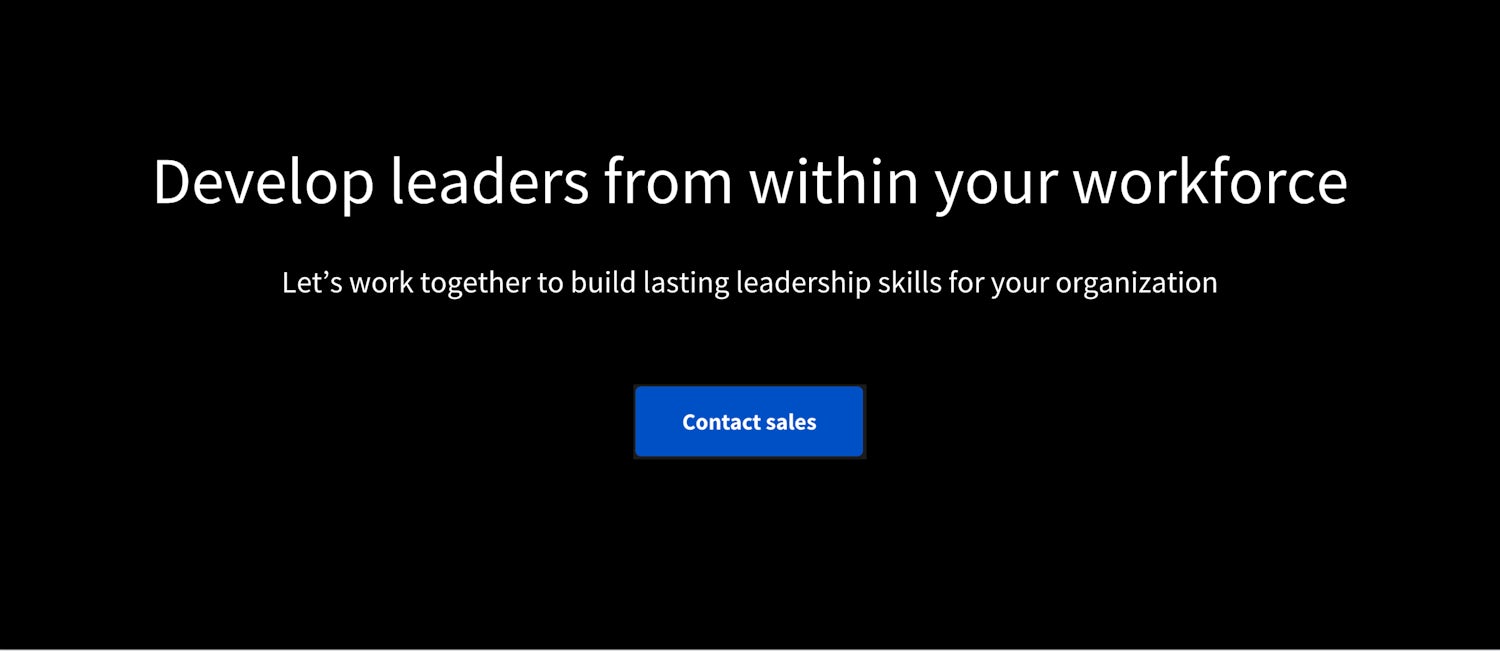Why Do Managers Need Coaching Skills?
Coaching skills equip managers with the tools to facilitate employee development, improve performance, enhance engagement, communicate effectively, and foster leadership growth.
![[Featured image] A manager coaches their employee while sitting at a conference table with a laptop.](https://d3njjcbhbojbot.cloudfront.net/api/utilities/v1/imageproxy/https://images.ctfassets.net/wp1lcwdav1p1/2oSZQwPyhvFVvqYDXSyoJg/3b40b178b48257ae4c5a28095e4f722f/GettyImages-1412758551.jpg?w=1500&h=680&q=60&fit=fill&f=faces&fm=jpg&fl=progressive&auto=format%2Ccompress&dpr=1&w=1000)
To be an effective leader and manager, you will likely benefit from cultivating essential coaching skills. Many coaching skills revolve around the ability to inspire and motivate others, bringing out the best in people by giving them the confidence to excel and develop. By integrating coaching into their managerial practices, managers can create a positive work environment and drive both individual and team success.

Why do managers need coaching skills?
Honing your coaching skills as a manager is important to help you improve the way you relate to your staff, develop your team, and ensure staff morale. Coaching helps managers shift from a directive style of leadership to a more empowering and supportive approach. By focusing on developing their employees' potential, managers can build a high-performing team and groom future leaders within the organization. Coaching skills also foster a culture of learning, collaboration, and continuous improvement, which is vital for long-term success.
Research shows that implementing coaching initiatives in the workplace results in a coaching ripple effect that feeds down, benefiting overall employee well-being and health and increasing goal attainment among the workforce [1].
Let's look at some other possible benefits of strong coaching skills:
Employee development: By adopting a coaching approach, managers can identify their employees' strengths and areas for improvement, provide constructive feedback, set clear goals, and help them acquire new skills. Coaching encourages self-reflection, learning, and continuous improvement, which contributes to the overall development of the team.
Performance improvement: Instead of simply reprimanding or criticizing employees, managers with coaching skills can engage in meaningful conversations to understand the underlying causes of performance gaps. They can then work collaboratively with employees to identify solutions, set performance improvement goals, and provide guidance and support to achieve those goals.
Communication ability: Good coaches excel at active listening, asking powerful questions, and providing constructive feedback. These skills enable managers to understand their employees' perspectives, clarify expectations, and communicate feedback in a manner that is respectful, clear, and conducive to learning and growth.
7 coaching skills for managers
Coaching is a dynamic process that contributes to a positive work environment and drives individual and team success. Here are seven coaching skills that managers should develop:
1. Active listening
Active listening can help you understand and connect with your colleagues. This includes being fully present, listening with your whole body, asking open-ended questions, and noticing nonverbal cues. Instead of listening to respond, active listening helps you listen to understand. This allows your employees to feel heard, supported, and included.
2. Powerful questioning
Developing the skill of asking powerful questions helps managers facilitate deeper thinking and self-reflection in their employees. Open-ended questions encourage exploration, generate insights, and stimulate problem-solving.
3. Goal setting
Coaching involves assisting employees in setting clear, achievable goals and creating action plans to reach them. Managers should develop the skill of helping employees define objectives, identify steps, and establish timelines.
4. Accountability
Accountability ensures that team members take ownership of their goals and commit to taking the necessary actions to achieve them. By holding your team accountable, you can help them stay focused, motivated, and on track towards their desired outcomes. When they are held accountable for their actions, coachees are more likely to take risks, step out of their comfort zones, and embrace learning opportunities that contribute to their professional and personal development.
5. Building trust and rapport
Establishing rapport and trust is essential for effective coaching relationships. Managers should develop the skill of building connections with their employees, demonstrating authenticity, and creating a safe space for open and honest conversations.
6. Providing feedback
Effective feedback is crucial for employee growth. Managers should develop the skill of delivering feedback in a constructive and specific manner, focusing on behaviors and outcomes, and offering suggestions for improvement. Communicate both positive aspects and areas for improvement, and ensure the coachee understands the feedback and its intended purpose.
7. Motivating
Managers should focus on empowering and motivating their employees to take ownership of their work and contribute their best efforts. This involves recognizing and leveraging individual strengths, providing autonomy, and fostering a positive and inspiring work culture.

How to develop coaching skills
You can develop coaching skills in various ways. Explore accredited coaching courses, integrate coaching practices into your management strategies, seek mentorship opportunities, and engage in professional development through short courses. Let's take a closer look at some options:
Practice.
Developing your coaching skills starts with actively applying coaching techniques in real-life situations. Practicing coaching skills is important because it helps build confidence, refine techniques, and develop a coaching mindset, leading to more effective communication, enhanced relationships, and better support for individual and team growth.
Find a mentor.
Mentoring can be a great way to learn and implement coaching skills in the workplace. You can find a mentor through your workplace by connecting with professionals you admire that have the coaching skills you wish to build. Mentors can also come from outside your workplace.
Take a course.
Work on your coaching skills at your own pace with an online course, like Coaching Skills for Managers from the University of California, Davis or Conversations that Inspire: Coaching Learning, Leadership and Change from Case Western Reserve University.
Earn a credential.
You may want to go a step further and receive a coaching certification that is accredited by a coaching body. Some options to explore include qualifications from the International Coaching Federation (ICF) and the International Association of Coaching (IAC). If you're looking to add coaching skills to your resume, consider the Goodwill® Career Coach and Navigator Professional Certificate on Coursera.
Next steps
Start building your coaching skills today by signing up for a course or certification program, like Coaching Skills for Managers from the University of California, Davis or the Goodwill® Career Coach and Navigator Professional Certificate. Looking to develop new coaches within your company? Upskill your employees to excel in the digital economy with Coursera for Business.

Article sources
Psychology of Well-Being: Theory, Research and Practice. “The coaching ripple effect: The effects of developmental coaching on wellbeing across organisational networks, https://psywb.springeropen.com/articles/10.1186/2211-1522-3-2.” Accessed October 19, 2023.
Coursera Staff
Editorial Team
Coursera’s editorial team is comprised of highly experienced professional editors, writers, and fact...
This content has been made available for informational purposes only. Learners are advised to conduct additional research to ensure that courses and other credentials pursued meet their personal, professional, and financial goals.